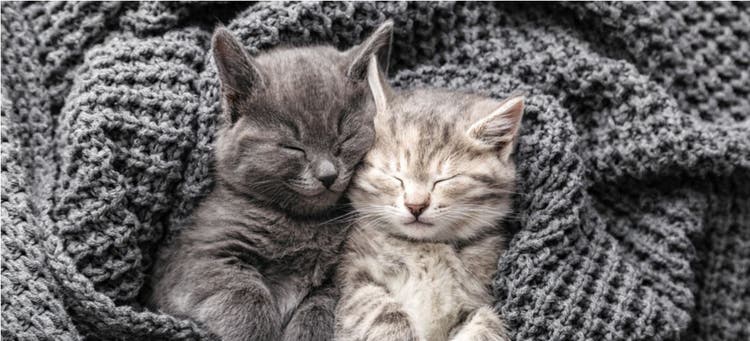
Coccidiosis in Cats
Parasites aren’t just a problem for pet owners during flea and tick season. Some organisms pose a consistent threat all year round, including microscopic intestinal parasites like coccidia, which can cause an infection known as coccidiosis.
What Is Coccidiosis?
Coccidiosis is an infection of the intestinal tract caused by coccidia, a single-celled parasite. These microscopic pests infect vulnerable pets and take up residence in the lining of their intestines.
Cats are susceptible to several different types of coccidium, including:
- Hepatozoon
- Isospora felis
- Isospora rivolta
- Sarcosystis
- Toxoplasma gondii
Humans are not affected by the most common types of coccidium (isospora felis and isospora rivolta), but certain rarer strains can be spread from cat to person. Because coccidia reside in the host creature’s intestines and cause symptoms including diarrhea, they are sometimes mistaken for intestinal worms.
How Do Cats Become Infected with Coccidiosis?
Most cats come down with coccidiosis after encountering immature coccidia (called oocysts) in the feces of infected animals. Kittens are especially susceptible to infection and may experience severe symptoms as a result of their weak immune systems. Without a strong immune system to combat them, parasites can reproduce quickly inside a kitten’s body.
Infection typically occurs when nursing kittens come in contact with feces from infected mothers. Coccidiosis is easily spread in places where numerous cats live in close proximity, such as shelters, animal hospitals, kennels, breeding facilities, and unsanitary multi-cat homes.
What Are the Symptoms of Coccidiosis?
Once a cat has ingested coccidium, it takes around two weeks for the infection to progress and illness to develop. Though some infected cats do not experience symptoms, coccidiosis typically results in mucus-based diarrhea, abdominal cramps, and vomiting.
Prolonged bouts of vomiting and diarrhea can leave cats suffering from dehydration and related complications. Left untreated, coccidiosis can also affect the nervous system (resulting in symptoms like tremors) and seriously damage the walls of a cat’s intestinal tract. Severe cases may result in death.
Diagnosing and Treating Coccidiosis
A veterinarian can determine whether or not a cat is sick with coccidiosis (or another parasitic infection) by conducting a fecal examination. Oocysts are smaller than intestinal worms, so it’s important that vets are especially thorough in their analysis. Blood tests may prove necessary for discovering certain uncommon types of coccidia.
Doctors typically prescribe sulfa-based antibiotics to address cases of coccidiosis. Treatments tend to work quickly and the prognosis for infected cats is generally good. In severe cases, cats may require additional treatment for dehydration caused by diarrhea. Pet parents should take care to administer the full course of recommended antibiotics while monitoring their cat’s condition closely.
Preventing Coccidiosis
You can keep yourself and your pets safe from parasites by practicing good hygiene and cleaning the litterbox regularly and properly. Infected animals should always be kept separate from other cats and new cat owners should have their pet’s stool tested for coccidia and other parasites during their initial veterinary appointments. Talk to your veterinarian immediately if you notice any behavioral changes or additional signs of potential infection.